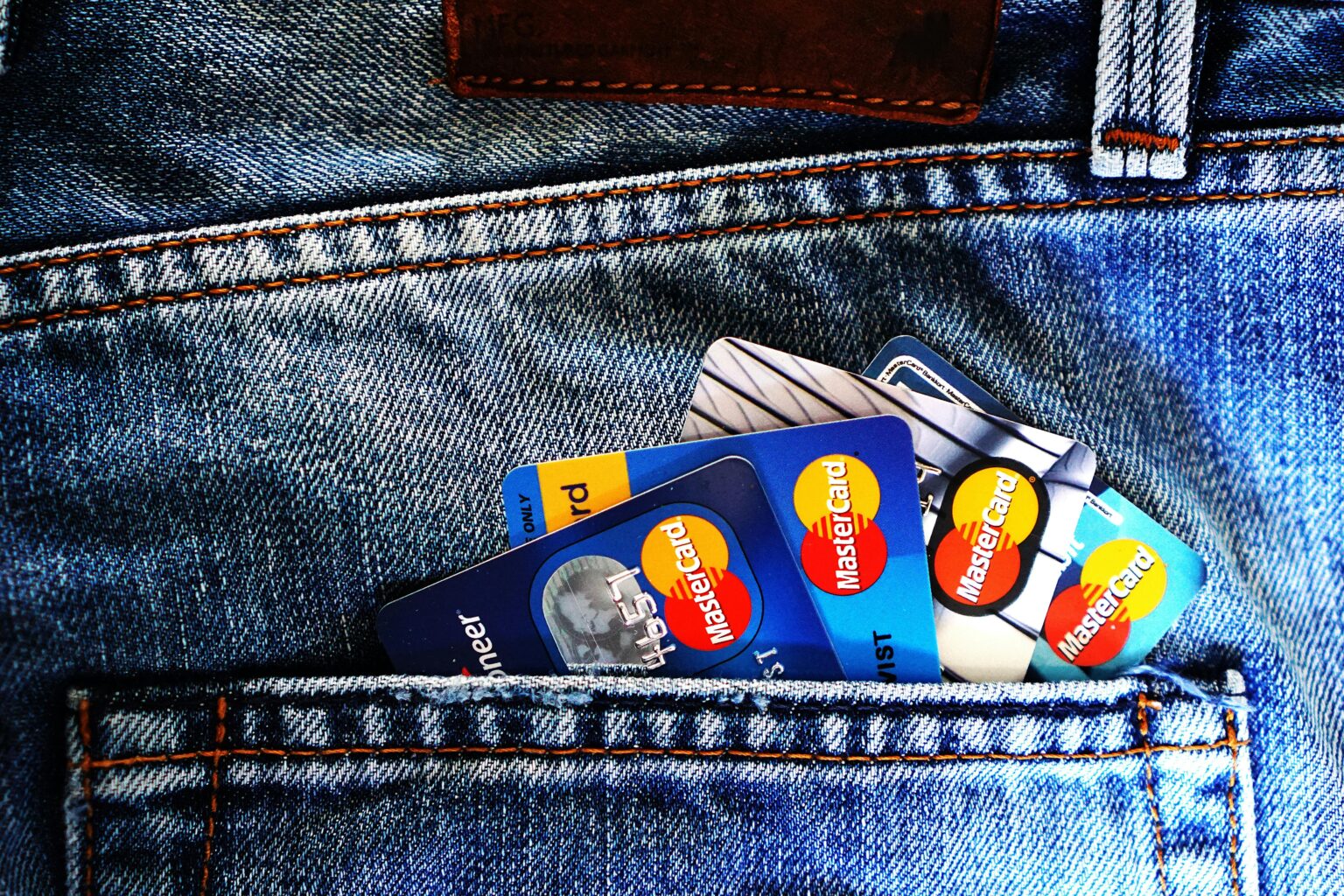Credit card rewards feel like a life hack—buy stuff you were going to buy anyway and get cash back, points, or even flights. What’s not to love? But here’s the thing: the system is designed to make you spend more, not less. And while rewards can be awesome when used wisely, they can also mess with your money mindset in sneaky ways. Before you swipe for that double-points dinner, here’s how those shiny perks might actually be costing you more than you think.
You Start Spending Just to Earn Points
You weren’t planning on upgrading your headphones, but hey, there’s a 5x points bonus this week. Suddenly, that “free money” mindset convinces you to spend when you otherwise wouldn’t. Rewards make spending feel like saving, which is dangerous if you’re not keeping track. It’s easy to fall into the trap of chasing points instead of sticking to your budget.
The Interest Cancels Out the Perks
That 3% cash back doesn’t mean much if you’re carrying a balance with 20% interest. Many people earn rewards and feel good about it, while racking up costly debt on the side. Unless you’re paying your balance in full each month, those perks are basically bait. Interest charges can wipe out any benefit you’re getting, and then some.
You Ignore Better Financial Moves
Putting everything on a credit card for the points can distract you from other smart money choices. Like building an emergency fund or paying off high-interest debt. Rewards give you a little boost, but financial security gives you long-term peace. If you’re using cards to delay real financial progress, it might be time to refocus.
It Messes With Your Budget
You plan to spend $300 on groceries—but with bonus points for using a certain card at a certain store, you stretch that to $375 “because it’s worth it.” That’s how budgets unravel. Credit card rewards are built to encourage more spending, and they’re surprisingly good at it. Even if you’re technically earning rewards, you’re still going over budget.
The Annual Fees Add Up Fast
That card with amazing travel perks? It probably comes with a hefty yearly fee. If you’re not using the benefits regularly or traveling enough to justify the cost, you’re losing money. Many people hold on to multiple reward cards “just in case,” and those fees quietly pile up. Always do the math before assuming a card is worth it.
You Start Comparing Yourself to Others
You see someone flex their free vacation on Instagram and start wondering if you’re missing out by not maximizing your own rewards. FOMO kicks in. So you open another card or spend more trying to “get ahead.” But your finances aren’t a competition, and using credit strategically beats impressing the algorithm any day.
You Miss the Fine Print
Some rewards come with expiration dates, minimum spending requirements, or blackout periods. If you’re not paying attention, those points can become worthless fast. Credit card companies are betting you won’t keep track. So, make sure you know the rules before assuming the rewards are guaranteed gold.
You Use Cards to Cover Gaps in Your Budget
When money’s tight, using a rewards card to cover groceries or bills feels like a smart workaround. “At least I’m earning something,” right? But that habit can snowball into long-term debt. If you’re relying on plastic to make ends meet, the rewards aren’t helping—they’re masking a deeper issue.
You Get Emotionally Attached to a Brand
Sometimes a card feels like part of your identity—maybe it’s airline loyalty or those VIP perks. But emotional attachment can cloud your judgment. You might pass up a better deal or spend more just to stay in a rewards program. It’s okay to like perks, but don’t let them steer your whole financial life.
You Think of Rewards as Income
This one’s sneaky. People often treat cash back or points like extra money to spend however they want. But rewards aren’t income—they’re a marketing tool. If you treat them like free cash, you’ll likely spend them fast and overspend to earn more. Instead, treat rewards like a bonus, not a paycheck.
Credit card rewards can absolutely work in your favor—but only if you stay mindful, pay your balance, and don’t let the perks push you off course. Want to actually win the rewards game? Spend less, not more.

